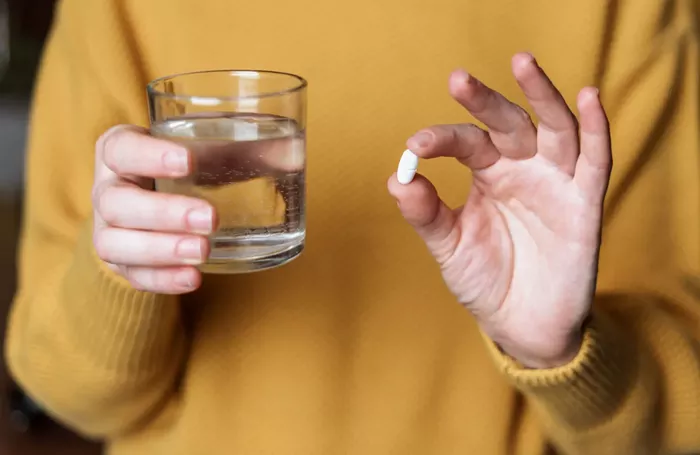A new experimental pill called Obicetrapib could make it easier for people to lower their cholesterol and reduce the risk of heart attacks and strokes. The pill is taken once a day and was tested in a large clinical trial at Monash University in Australia.
The study involved over 2,500 participants, mostly around 65 years old, who either had heart disease or genetically high cholesterol. All participants were already taking the highest doses of cholesterol-lowering medicines available. Half of them were given Obicetrapib, while the other half took a placebo, continuing their usual treatments.
After 12 weeks, those taking Obicetrapib showed a 32.6% drop in LDL cholesterol, often called “bad cholesterol,” and a 33.5% decrease in lipoprotein(a) or Lp(a). High levels of LDL cholesterol can clog blood vessels and increase the chance of heart attacks and strokes. Lp(a) is a protein linked to heart disease risk that cannot be easily lowered by diet or current medicines.
Professor Stephen Nicholls, who led the study, said, “Many people at high risk don’t get their cholesterol low enough even with the best treatments. Obicetrapib offers a promising new option because it lowers both LDL cholesterol and the harder-to-treat Lp(a).”
The pill was well-tolerated by participants, meaning it did not cause serious side effects. However, the study did not specifically test how the drug affects people with very high Lp(a) levels, nor did it measure actual heart attacks or strokes during the trial.
Obicetrapib could become an important new tool to help people who need better cholesterol control and heart disease prevention.
Read more:
- What Can I Eat If I Have High Cholesterol?
- I Have High Cholesterol What Can I Eat?
- How to Lower When LDL Cholesterol High?


